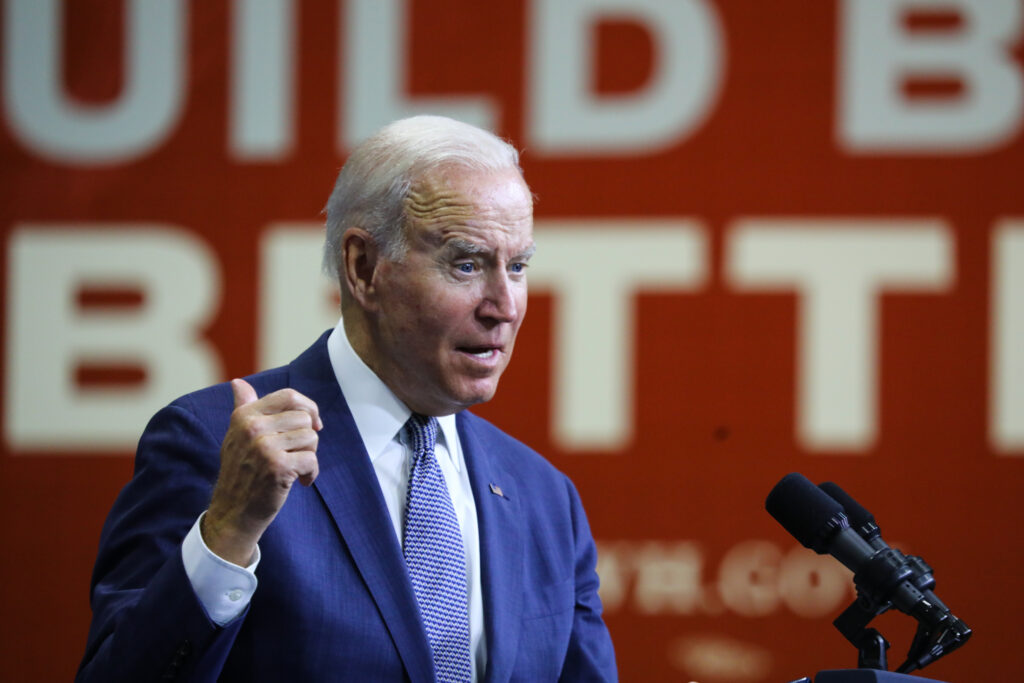The U. S House of Representatives approved a bill that would allow individuals suffering from terminal illnesses to try experimental drugs and therapies yet to receive full approval under the U.S. Food & Drug Administration’s (FDA) lengthy review process.
The Senate companion bill to House Resolution 5247 (H.R. 5247), titled the Trickett Wendler, Frank Mongiello, Jordan McLinn, and Matthew Bellina Right to Try Act of 2018, was read for the first time and placed on the chamber’s legislative calendar on March 23 after receiving House approval on March 21.
Bypassing FDA Slowness
Bill cosponsor Rep. Andy Biggs (R-AZ) says H.R. 5247 would allow individuals suffering from terminal illnesses to try potential cures before the U.S. Food & Drug Administration has fully finished testing those treatments for effectiveness.
“The idea is you are going to allow someone who has been diagnosed with a terminal illness to request a pharmaceutical company that is doing testing or developing medicines that might cure or prolong the life of that terminally ill patient,” Biggs said. “They can do that in an expedited fashion outside of the cumbersome FDA approval regimen.”
Benefits vs. Risks
David D’Amato, a policy advisor for The Heartland Institute, which publishes Health Care News, says the benefits of survival outweigh any potential risks of right-to-try.
“If the right to try could save or prolong even one life, it’s worth it, especially since no one in government has or could have the right to make these decisions for patients in the first place,” D’Amato said. “Even if right-to-try did not save lives, though, the debate is fundamentally about respect for the dignity and autonomy of individuals, about respecting their rights and their relationships with their own doctors. It is both arbitrary and cruel for government to intervene, paternalistically substituting its judgment for that of doctors and patients themselves.”
Biggs says FDA’s excessive caution has a real, significant cost to people.
“The hurdles of the regulatory process of the FDA are onerous, but then you have the added problem of liability,” Biggs said. “It takes between ten and 12 years and a billion dollars to bring a drug to market. This is one of the reasons medications can be so incredibly expensive, and why some of the very rare diseases in need of medications are not getting them developed and brought to market quickly enough.”
‘They Want That Hope’
Biggs says right-to-try is also about the right to self-determination.
“We don’t know if they’re effective or not, but we do know they are safe to be used and it has to be in the FDA pipeline,” Biggs said. “These people know it’s in the FDA pipeline, and they understand in some ways they are not going to have the benefit of all the testing that goes on, but they want that hope, they want that chance, and they’re informed about it.”
Urges Congressional Action
Every day the bill languishes in Congress is a day lawmakers ignore the needs of suffering people, Biggs says.
“Right-to-try needs to get through the Senate and to the president’s desk,” Biggs said. “If you want to create false hope, then let this bill continue to dangle. If you want real hope, then you have to pass this bill as soon as possible.
“Most of these people understand it’s an extreme long shot that this is going to heal, cure, or help them, but let them have the freedom and dignity to make that decision,” Biggs said. “Don’t take that away from them.”





